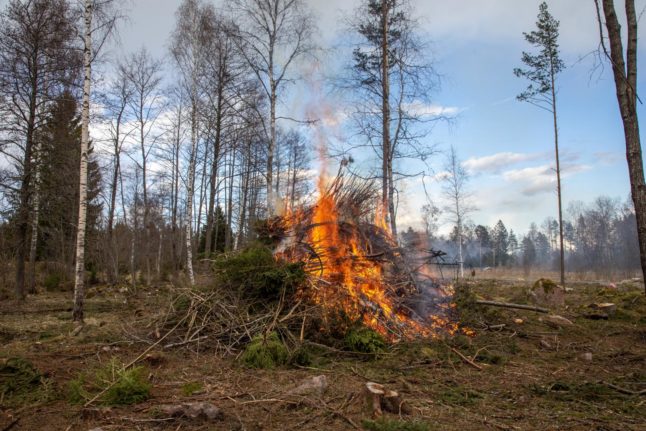“Information from several human rights organizations indicates that the situation for Uighurs has deteriorated” in the western region of Xinjiang, the Swedish Migration Agency said in a statement obtained by AFP.
The decision also concerns “other minority groups from Xinjiang who have received expulsion orders,” a spokesperson for the agency told AFP.
The authorities did not give any details of how many people might be affected by the decision, but in early September the Swedish Migration Agency announced it had suspended the deportation of a Uighur family to China after their asylum request was rejected.
Xinjiang is home to around 22 million inhabitants, almost half of whom are Uighurs of Turkish origin. Many of them say they are discriminated against by China's Han majority.
Human rights organizations around the world have accused China of detaining massive numbers of people in re-education camps for political and cultural indoctrination.
Amnesty International said in a report on Monday that Beijing had rolled out “an intensifying government campaign of mass internment, intrusive surveillance, political indoctrination and forced cultural assimilation”.
Beijing has rejected UN estimates that more than a million members of Muslim minorities are being held in internment camps.
China says its restrictions on Muslim minorities, including ubiquitous police checkpoints and video surveillance, are intended to combat what it calls Islamic extremism and separatist elements in the far western province.



 Please whitelist us to continue reading.
Please whitelist us to continue reading.
Member comments